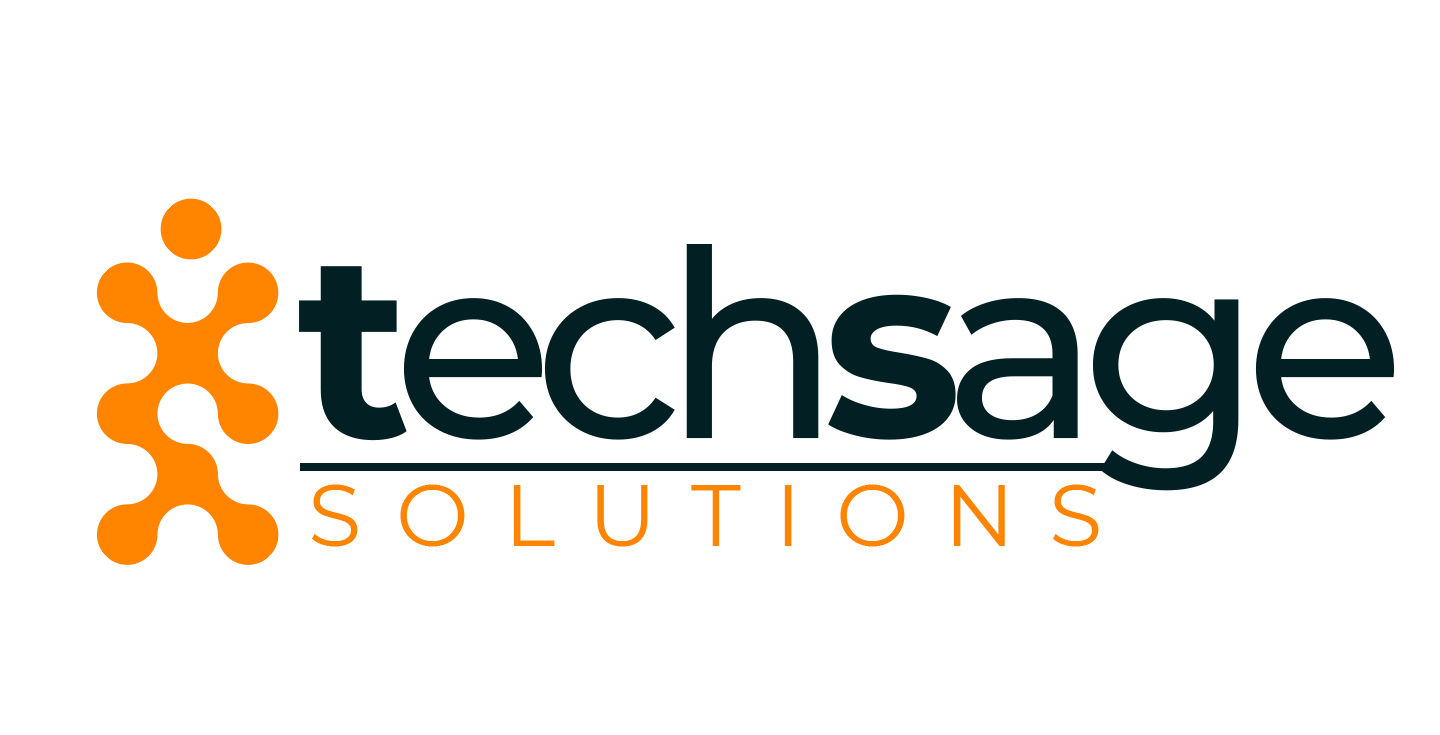Blockchain Development
Blockchain is defined as a ledger of decentralized data that is securely shared. Data sharing among a collective group of chosen members is made possible by blockchain technology. Transactional data from many sources may be readily gathered, integrated, and shared using blockchain cloud services. Cryptographic hashes are used as unique identifiers to chain together shared blocks of data that have been divided up into separate pieces.
The smart contract is one instance of innovative blockchain development. Like conventional contracts, smart contracts are written agreements between two parties. But unlike regular contracts, smart contracts are also computer programs that are kept on a blockchain. Only when both parties abide by the conditions set forth in the agreement are these programs set to run. The correct execution of a contract is guaranteed in real-time by this automated compliance.
Types of Blockchain Technology Architectures
Public Blockchain
Public blockchains are decentralized and permission-less, governed by rules or consensus algorithms. These blockchains enable equitable access to the blockchain for all nodes (devices like servers or computers) and anyone can participate without restrictions. The most typical uses of public blockchains are for cryptocurrency mining and trading. An example of a public blockchain is Bitcoin.
Private Blockchain
Managed blockchains is another name for private blockchains. They are permissioned, meaning a single entity controls the blockchain and set controls on who can access blockchain data. Which operations each node is allowed to carry out is determined by its authority. Only users who are granted permissions can access specific sets of data.
Consortium Blockchain
Consortium blockchains are managed by a group of organizations rather than just one. The mining process is closely controlled by a preselected set of nodes or by a preselected number of stakeholders.
Hybrid Blockchain
Hybrid blockchains are controlled by one entity, similar to a private blockchain. The difference between the two is that hybrid blockchains include a level of oversight by a public blockchain.
Advantages of Blockchain Technology - The business value
Over the coming years, there will likely be a major expansion in the application of blockchain technology. This game-changing technology is regarded both innovative and disruptive since blockchain will revolutionize existing business operations with optimized efficiency, reliability, and security.
Specific commercial advantages provided by blockchain technology benefit businesses in the following ways:
✓ Establishes trust among parties doing business together by offering reliable, shared data
✓ Enables seamless tracking and tracing of goods and services across the supply chain
✓ Eliminates siloed data by integrating data into one system through a distributed ledger shared within a network that permissioned parties can access
✓ Offers a high level of security for data
✓ Reduces the need for third-party intermediaries
✓ Creates real-time, tamper-evident records that can be shared among all participants
✓ Allows participants to ensure the authenticity and integrity of products placed into the stream of commerce
